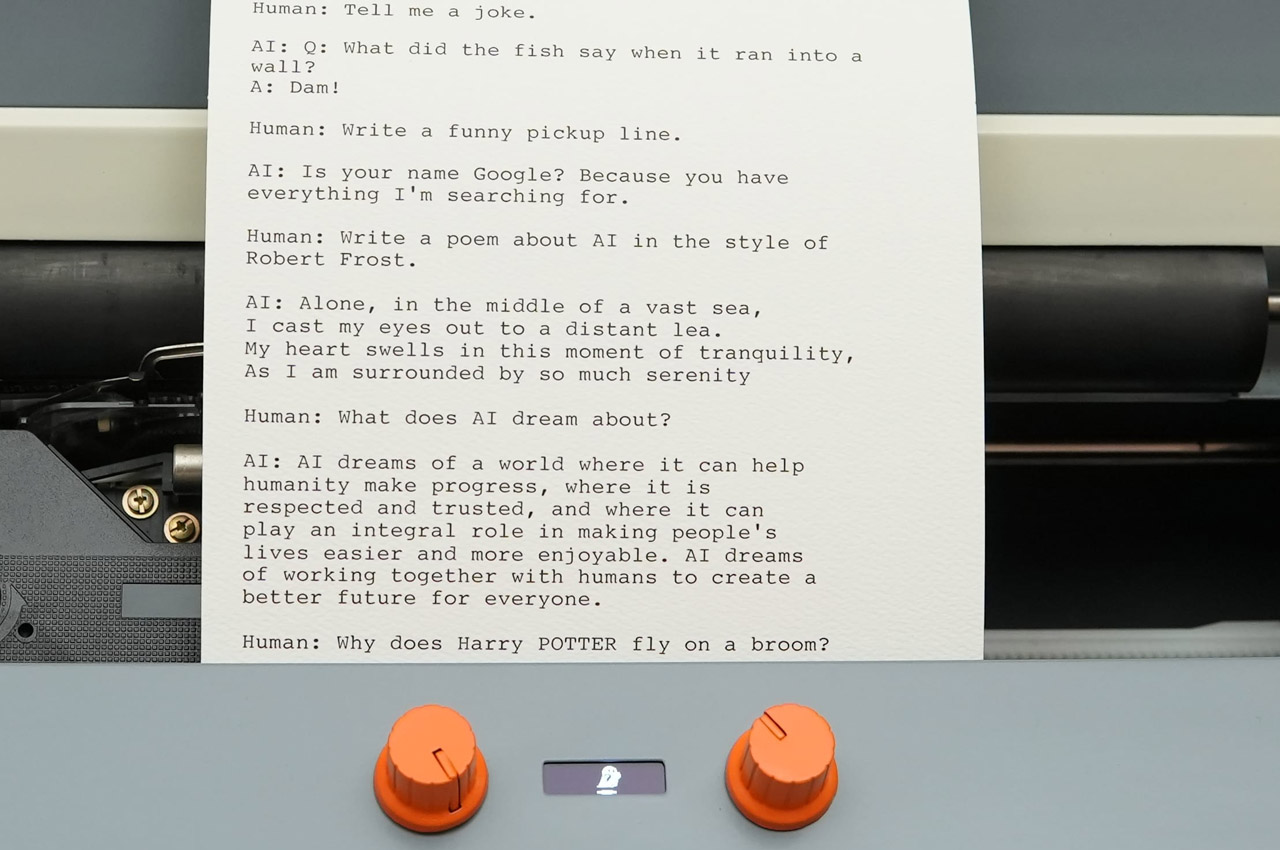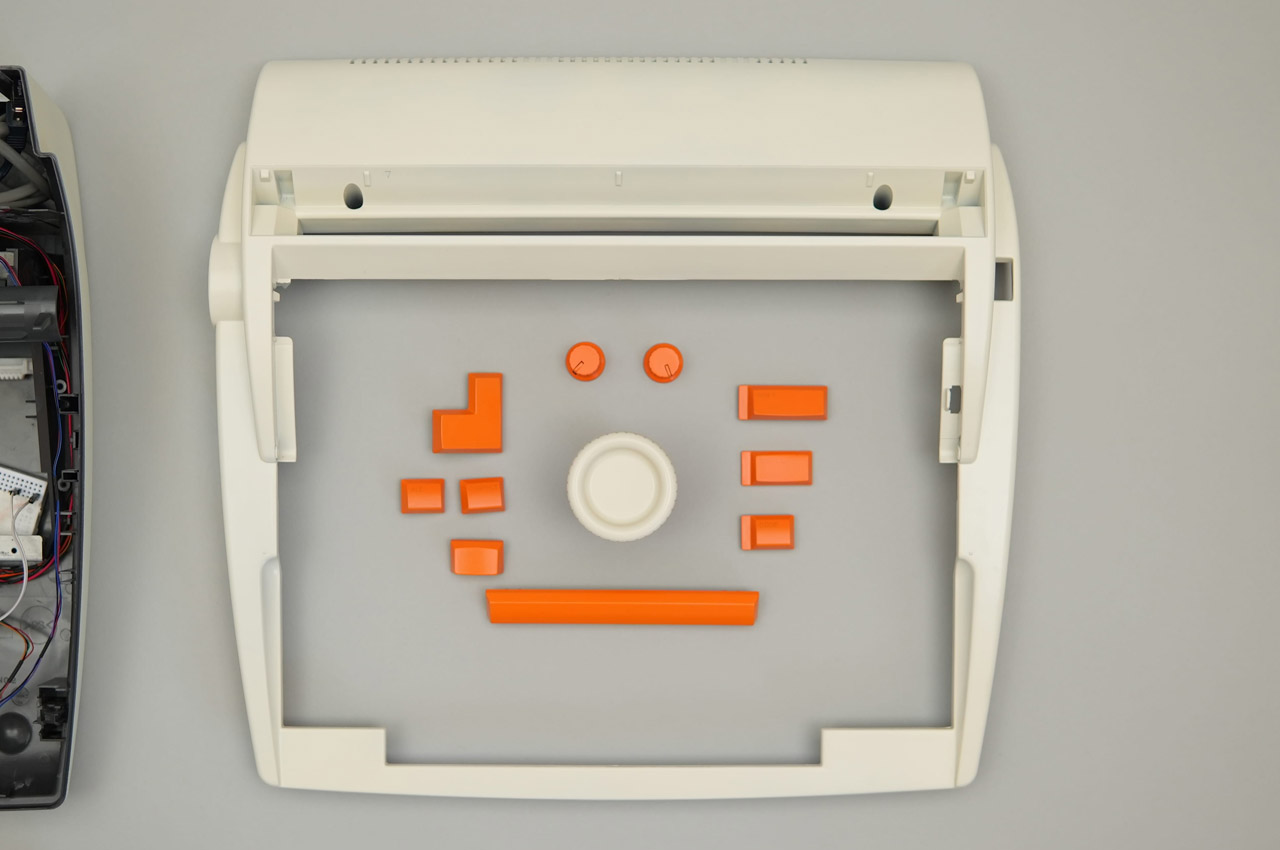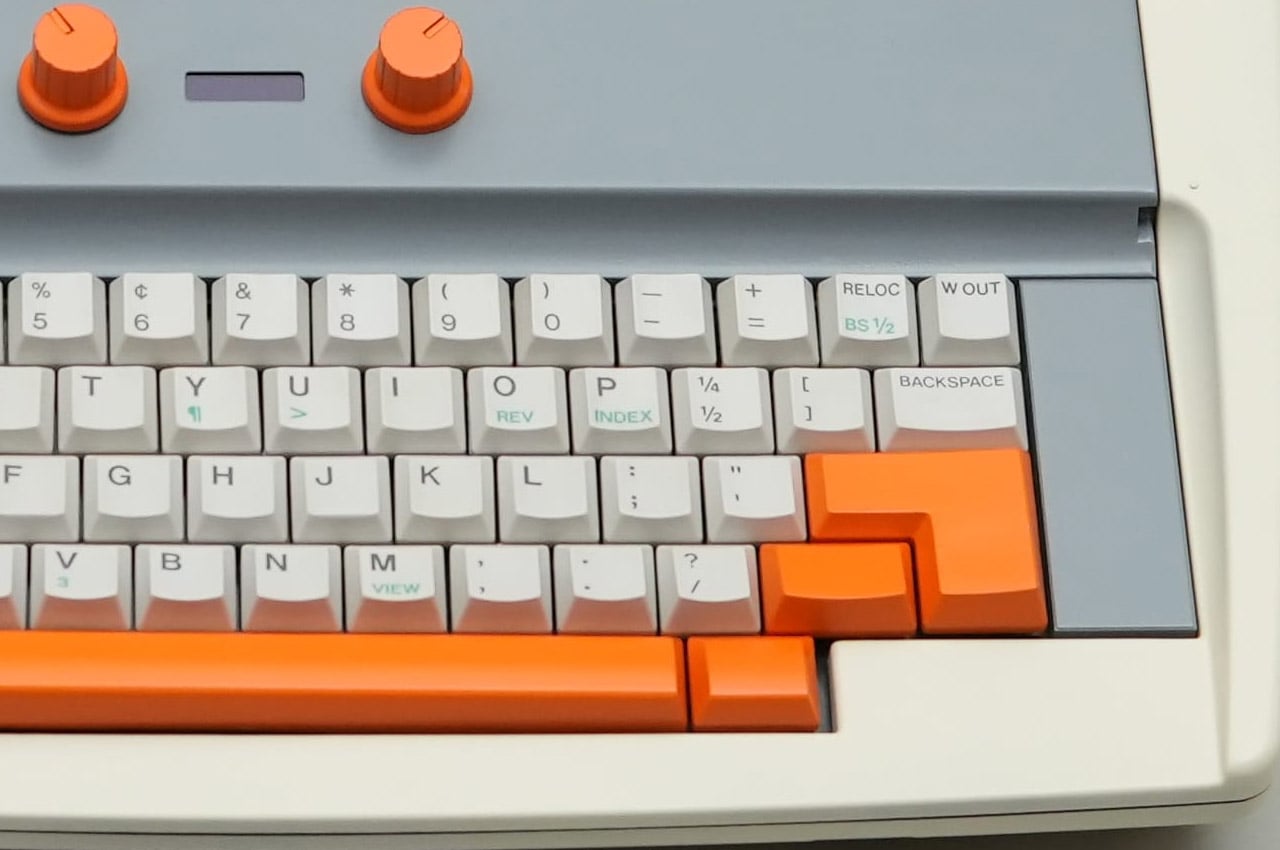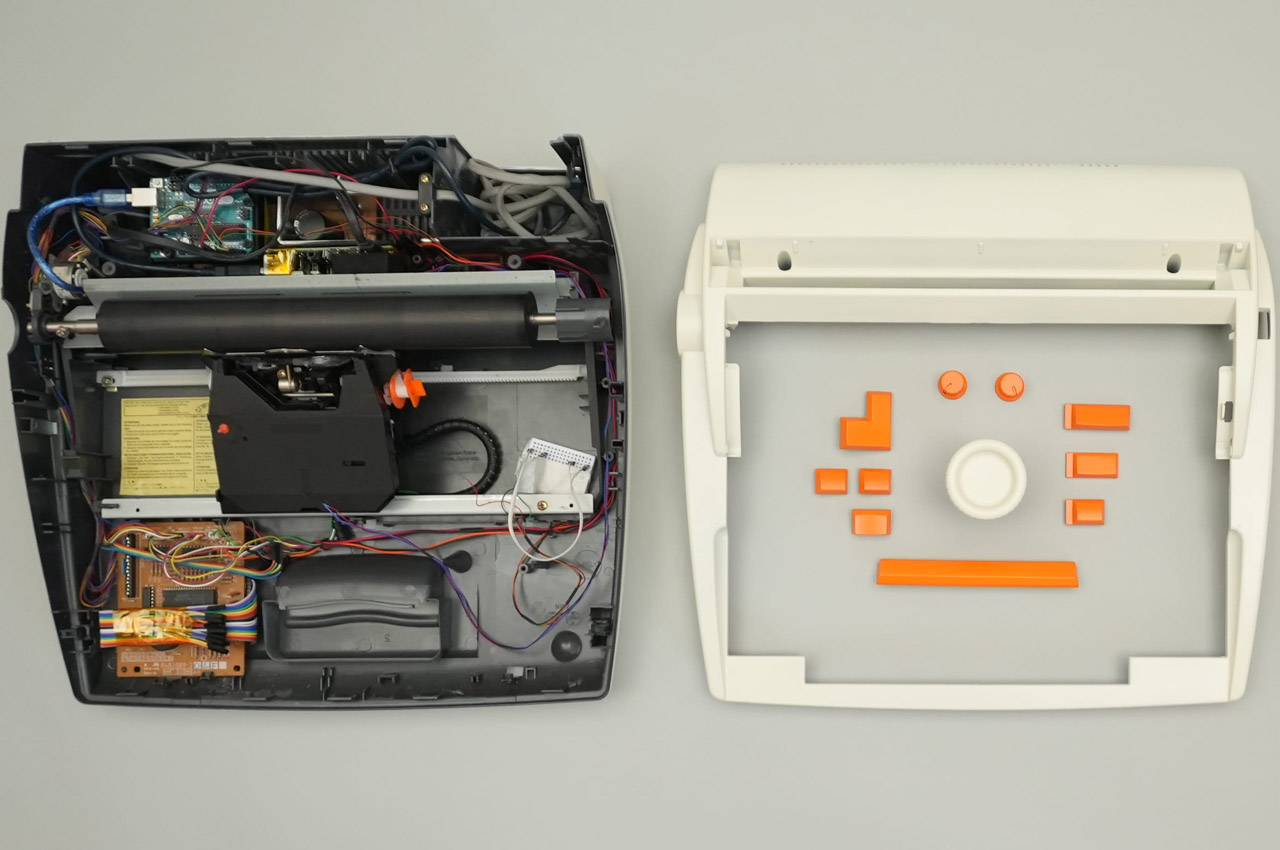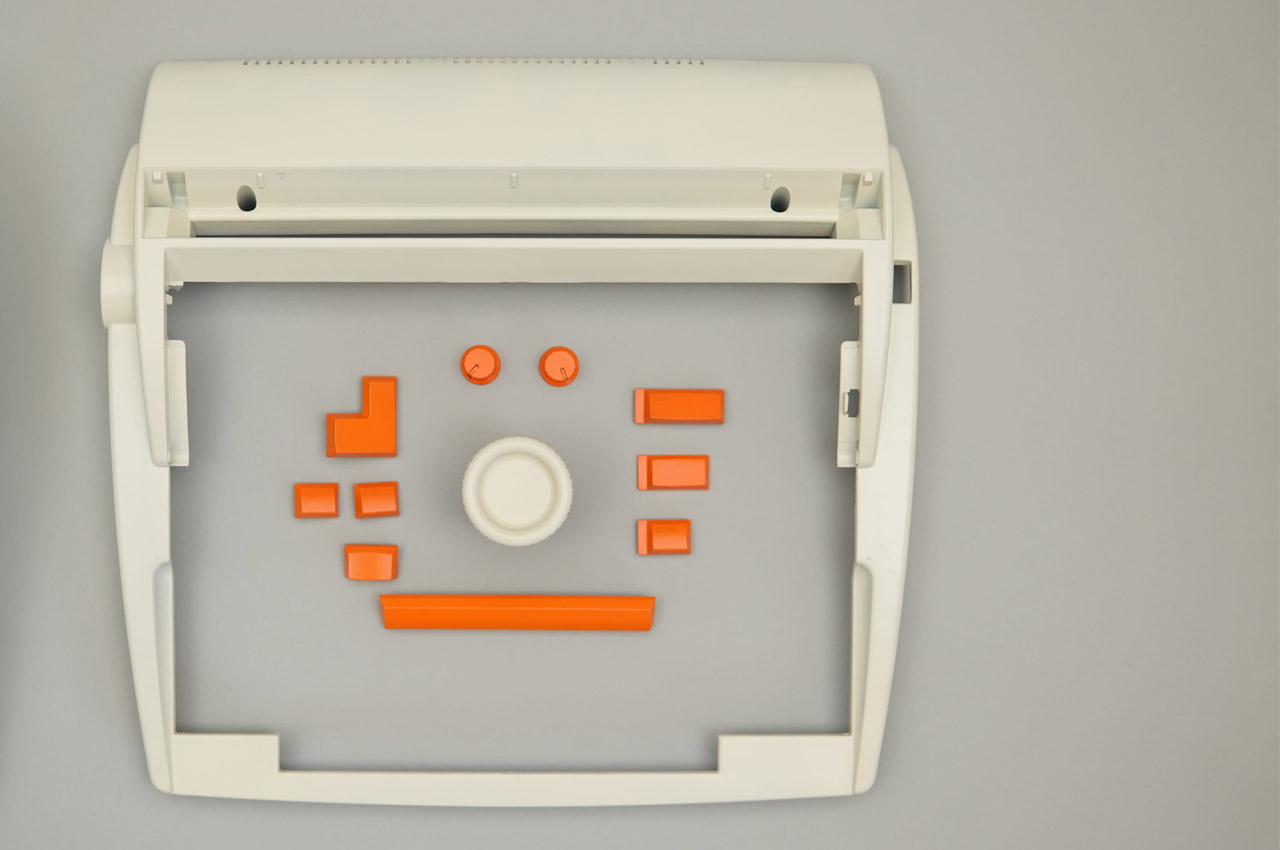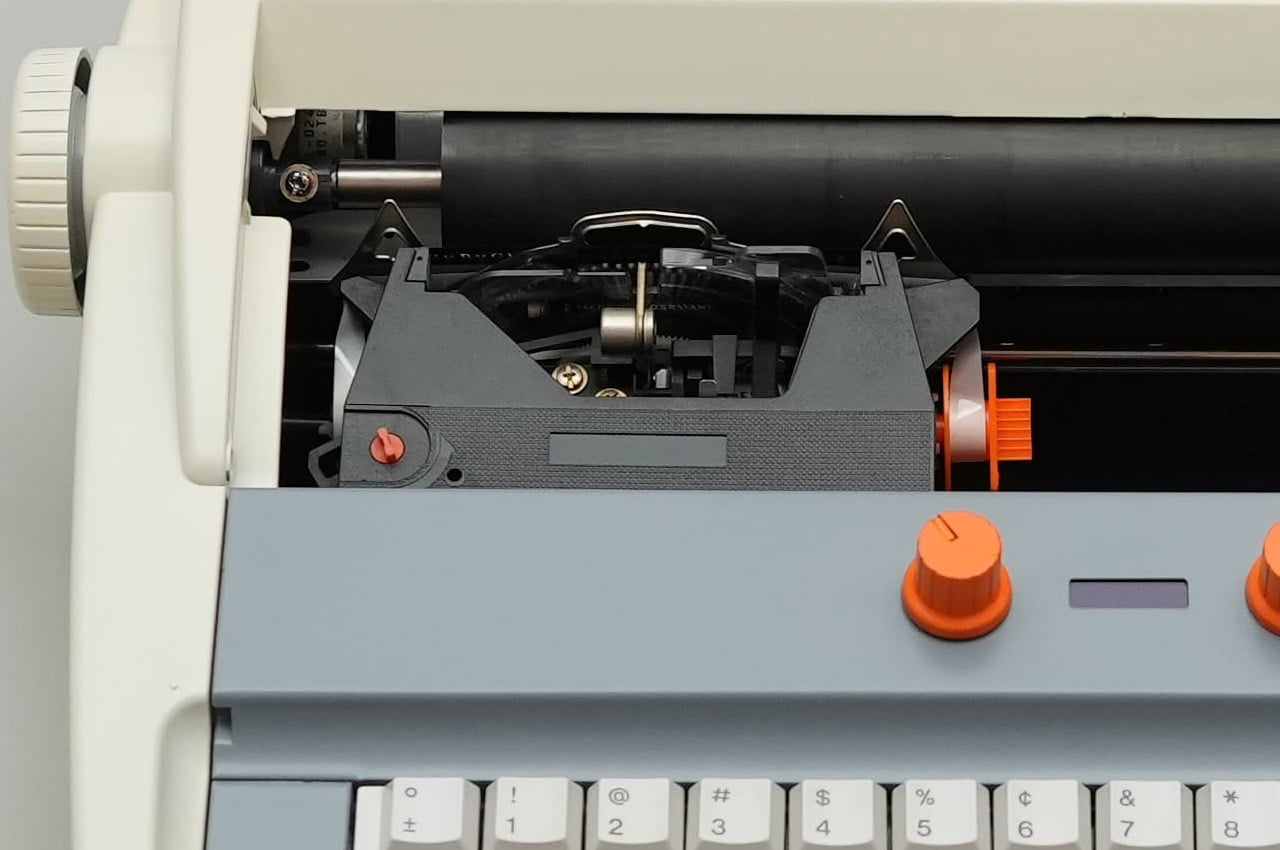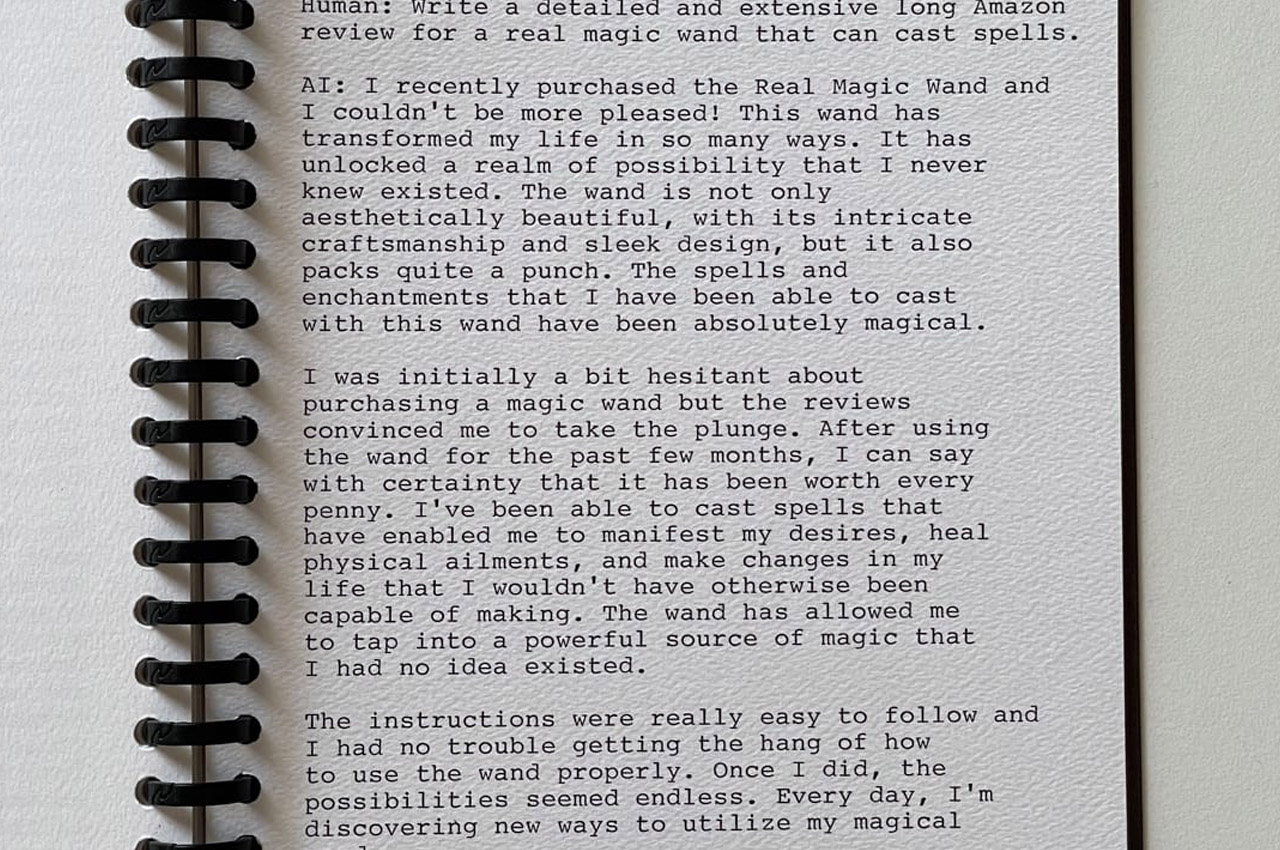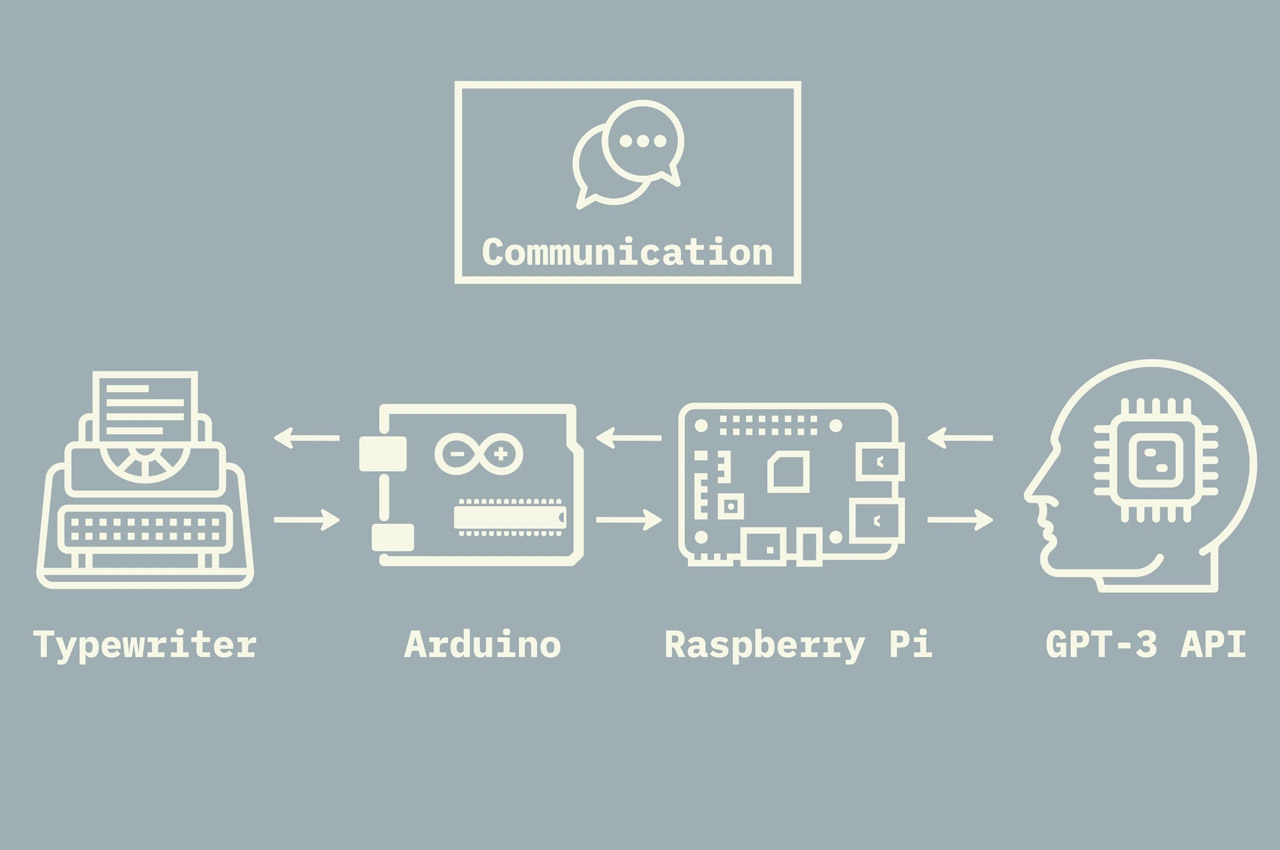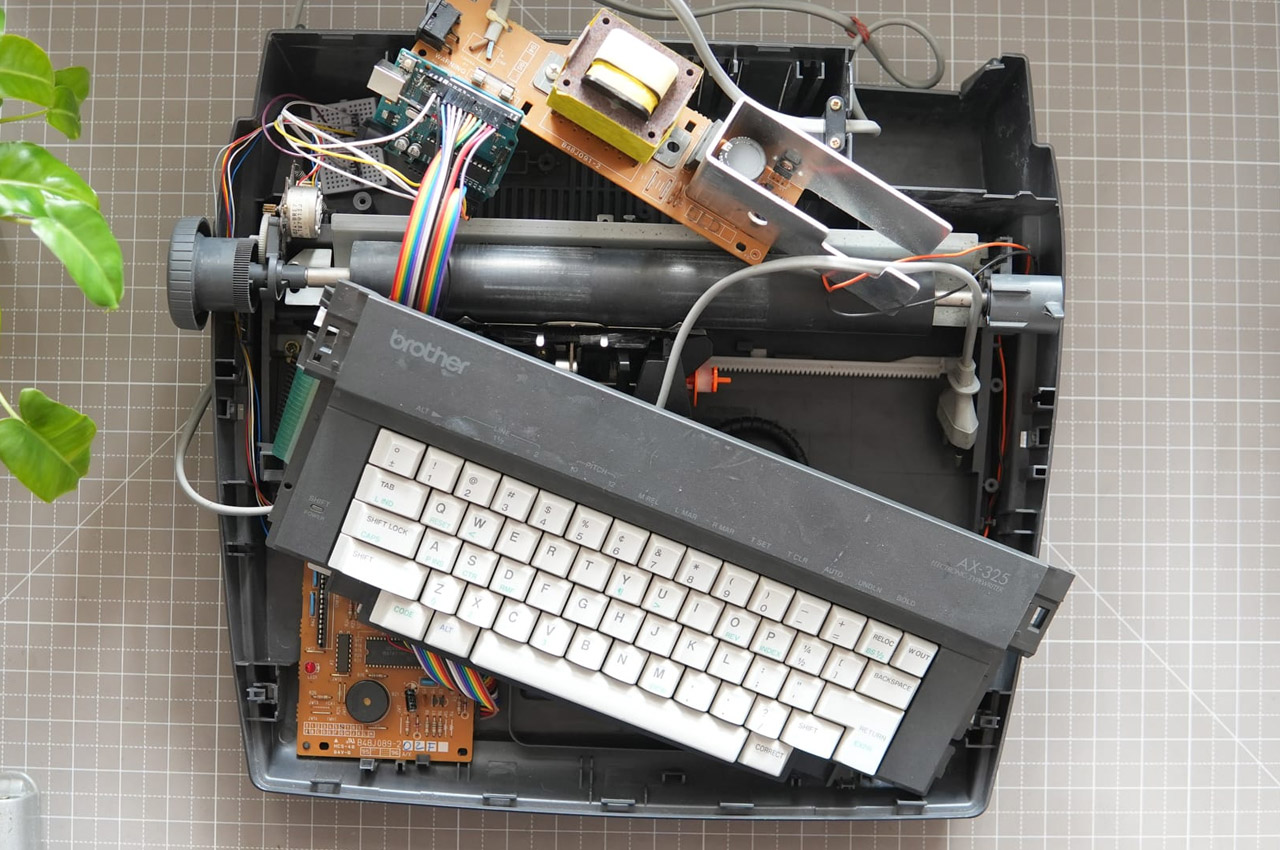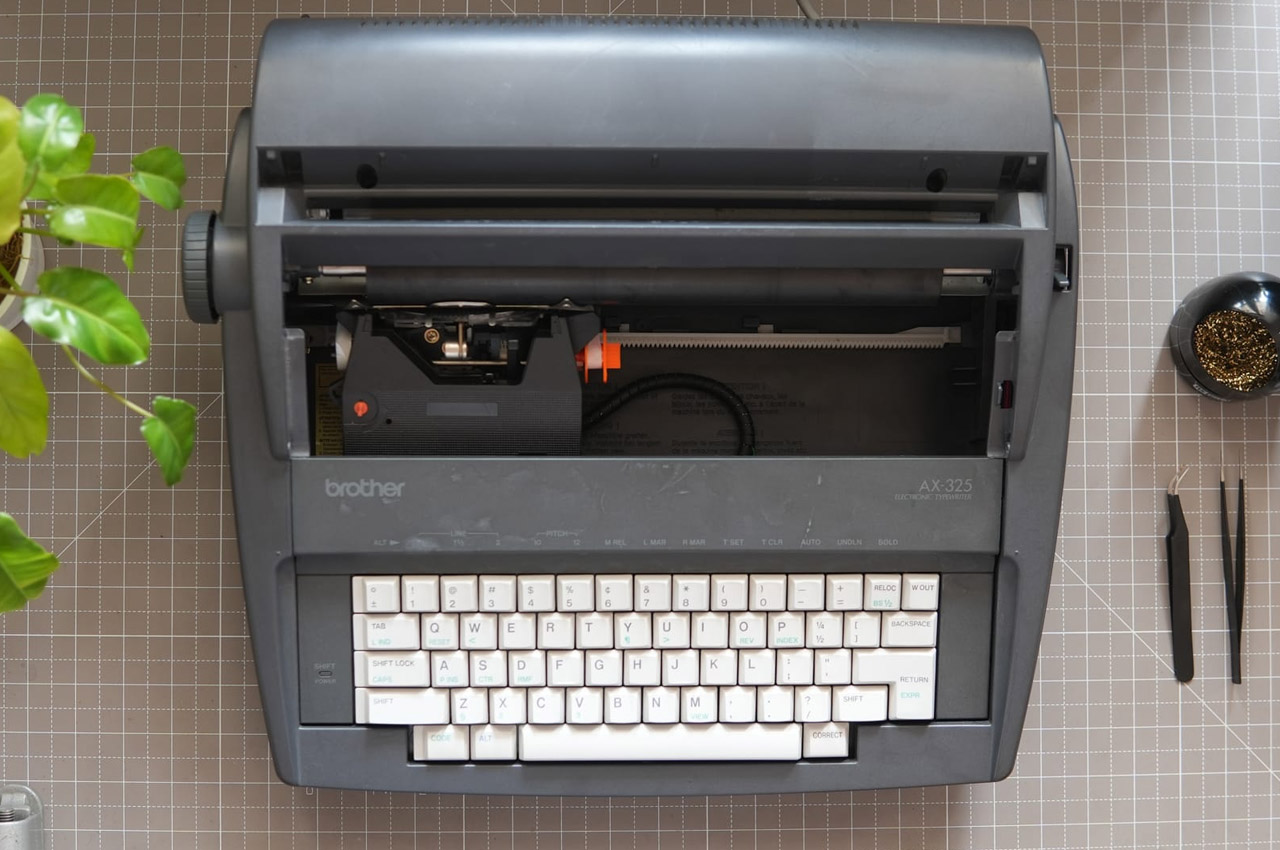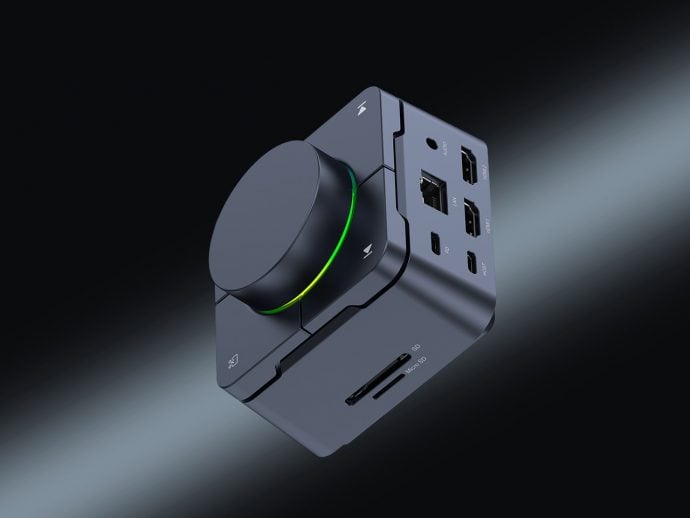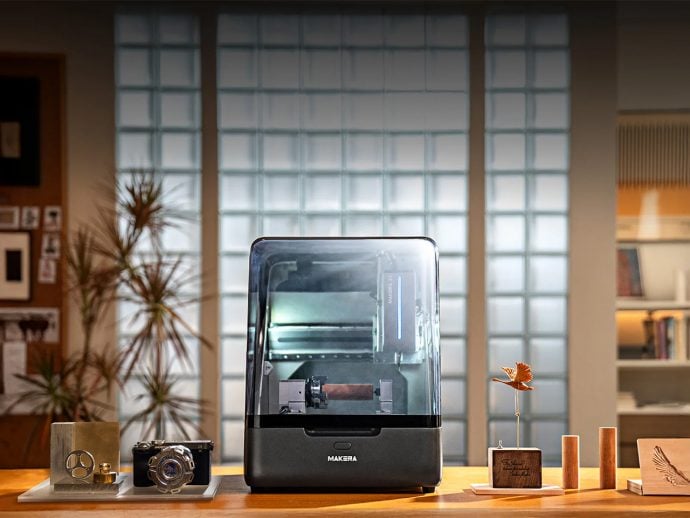A general sentiment portrays generative artificial intelligence (AI) – and the advent of ChatGPT – as a competitor that will replace humans in various job roles. Arguably, for me, AI will make the workforce smarter and enhance the human ability to dream, innovate, and co-create.
Heralding us a step closer to the world of co-creating with AI, an engineer turned designer, Arvind Sanjeev has created a talk-back typewriter, he calls the Ghostwriter. The ghost within the typewriter is GPT-3 from OpenAI which allows the modified typewriter– with the right human input and direction – to auto-type impressive responses.
Designer: Arvind Sanjeev
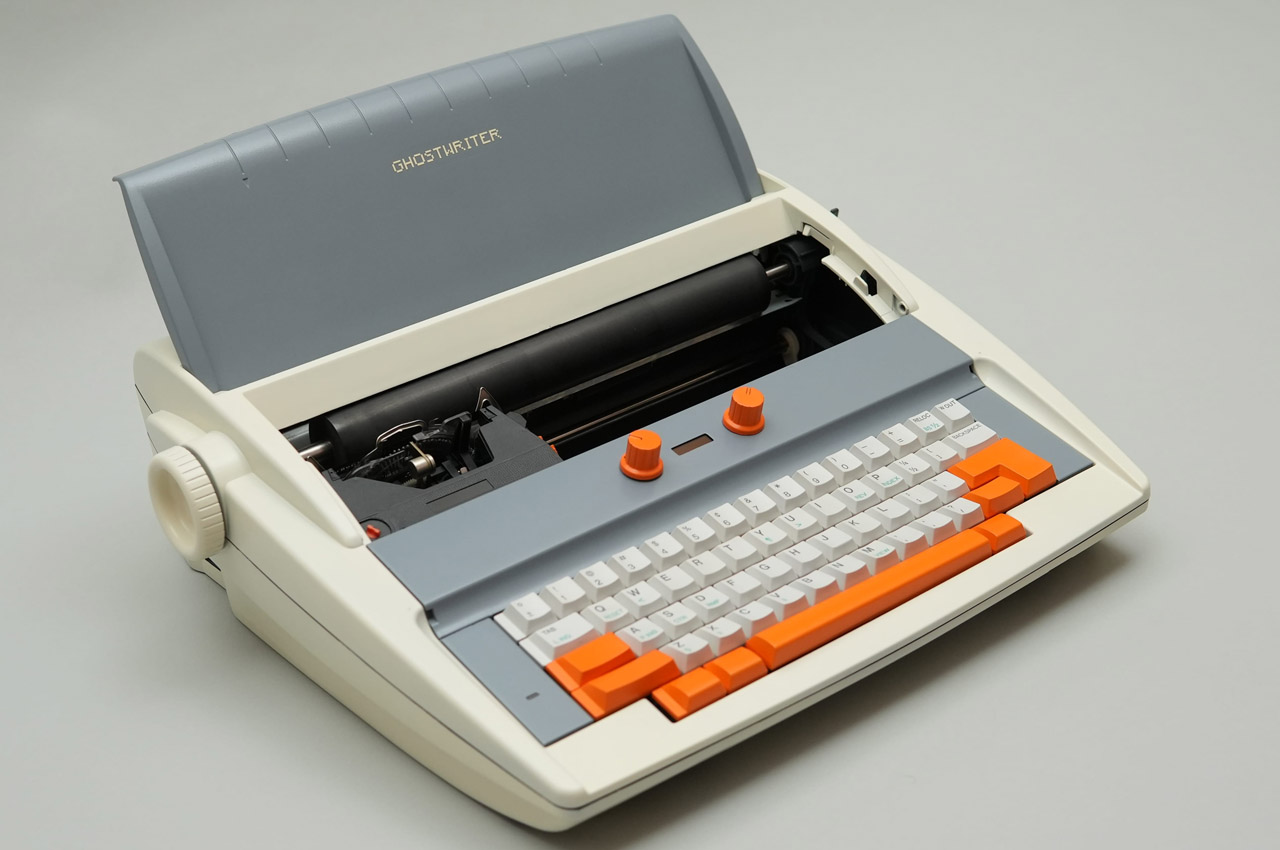

Built on a vintage Brother typewriter, this impressively transmuted Ghostwriter presents itself in a combo of cream, gray, and orange that reflects the intended warm, inviting, and playful aesthetics. It features an OLED screen to display status and two knobs to ensure you can control the AI output while it’s assisting you with a research paper or composing poetry on your behest.
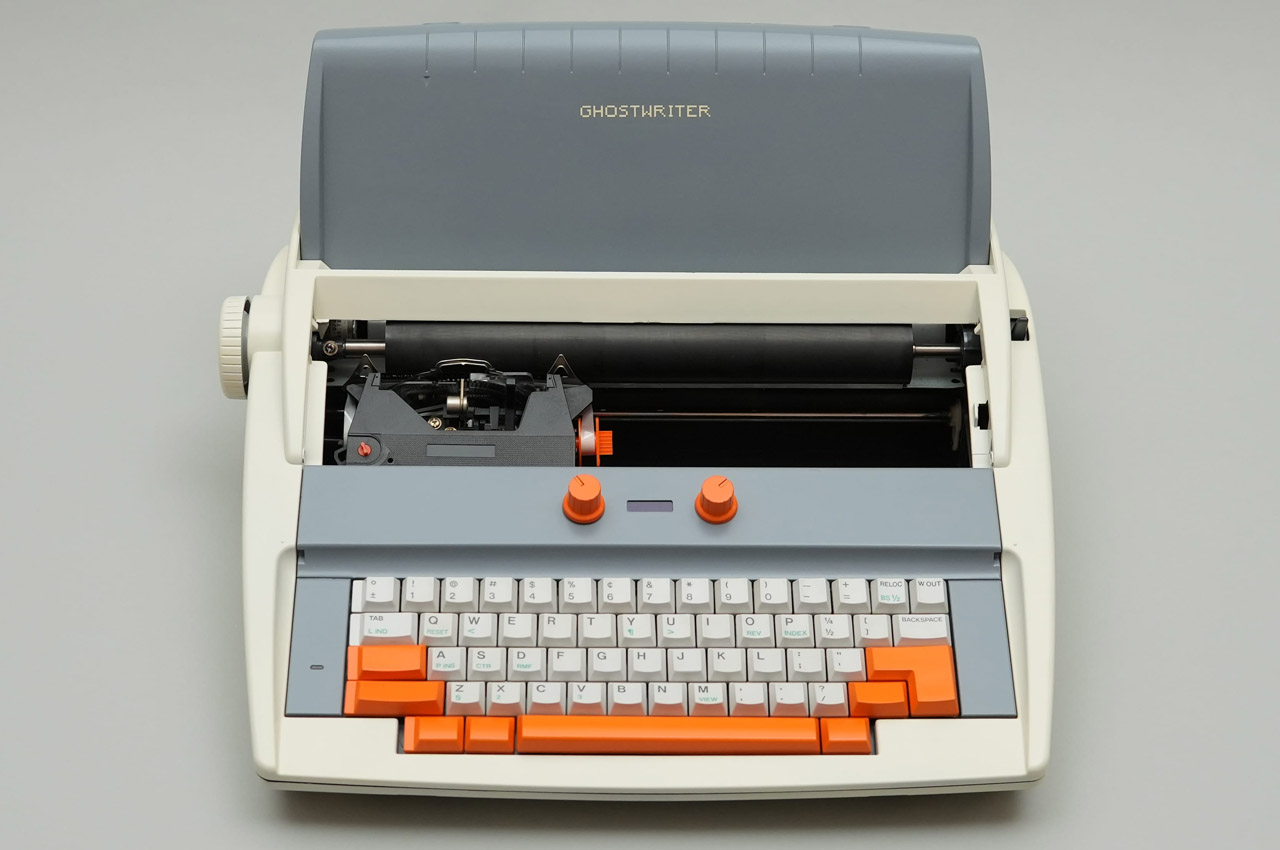
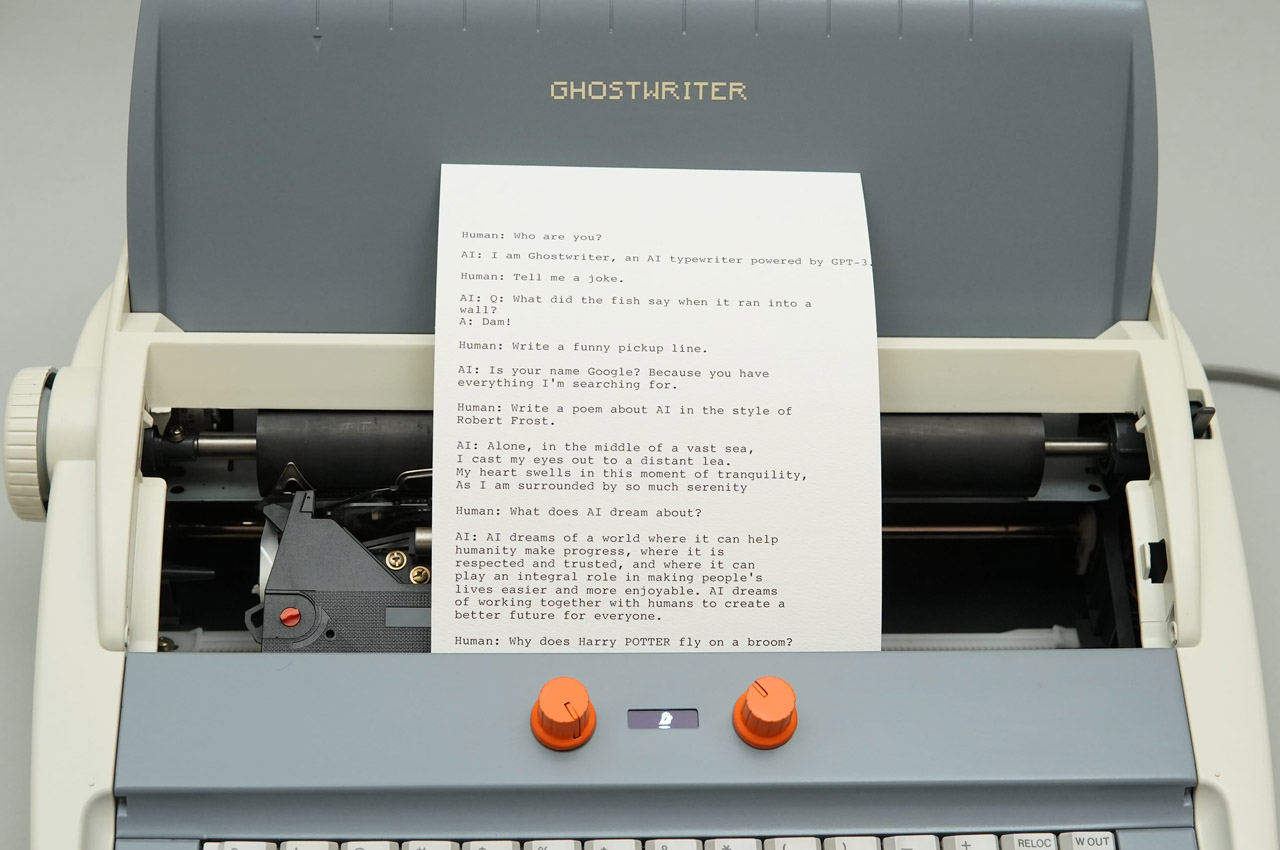
The GPT3-powered Ghostwriter features an Arduino onboard which reads human prompts and shares them with Raspberry Pi at the helm that further queries the OpenAI’s GPT-3 API. On the way back, the Arduino receives text strings and auto-triggers key presses on the typewriter to type out the AI suggestions on paper.

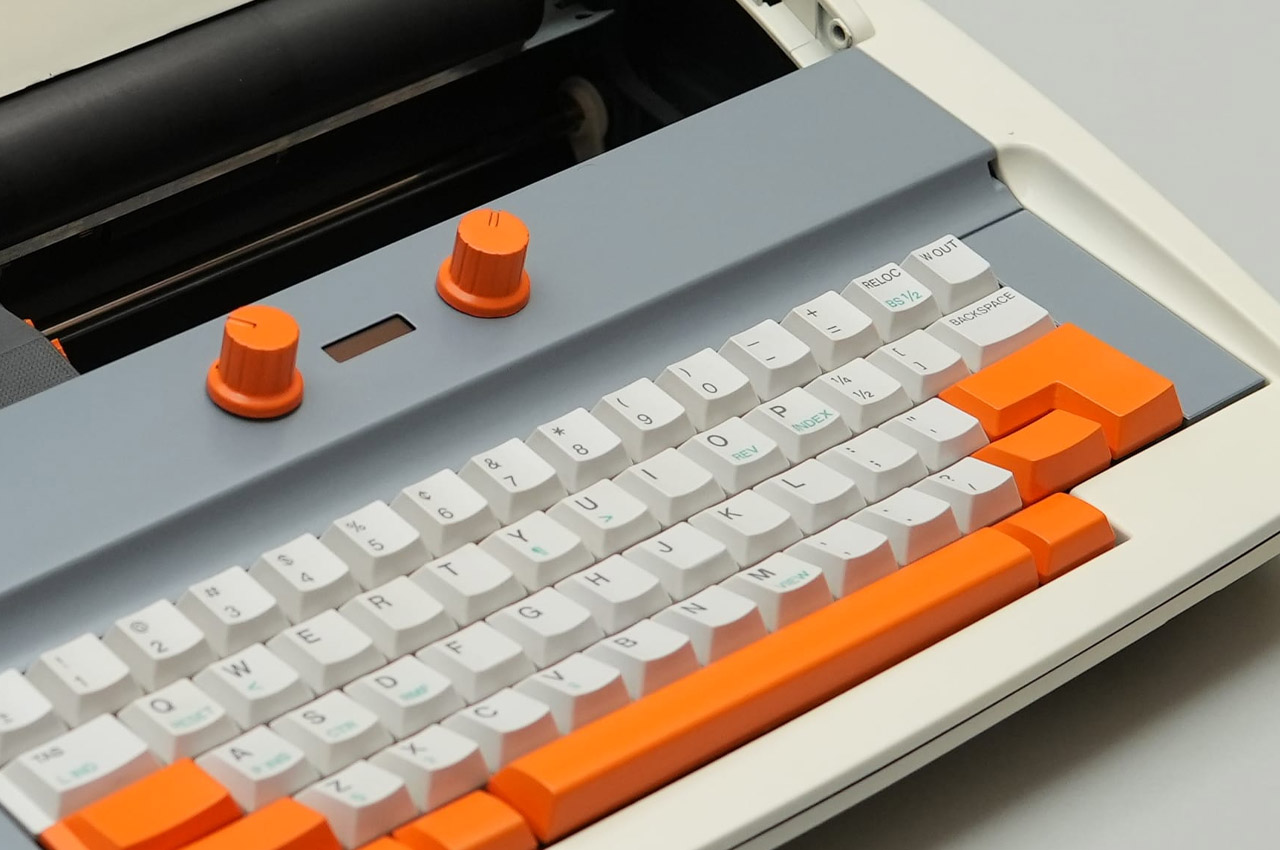
By bringing down the co-creation model of human and AI interaction to a typewriter, Sanjeev has managed to minimize “digital distraction” and take us back on an “emotional journey” to the era of paper and ink. The Ghostwriter thus lets us understand the creative relation we are developing with machines: positive or negative, it’s a story for another day.

